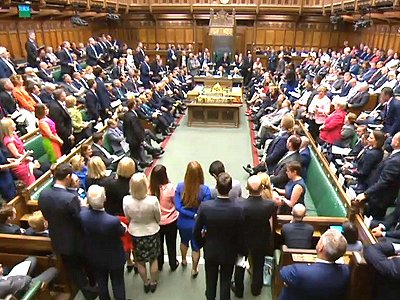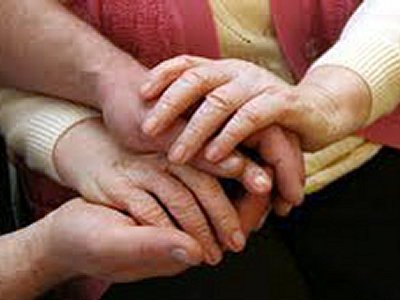
ON THE THREATENING OF POLITICIANS
Of the 650 MPs elected to the UK Parliament following the General Election in July 2024, 335 have never been an MP before; a total of 132 MPs chose not to stand for election again. Many of the latter will be grateful to be spared the routine abuse now dealt out to politicians online; many of the former, though aware of this trend, are likely to be shocked at its scale.
Female politicians are especially vulnerable to online abuse. In recent years, Nicky Morgan, Amber Rudd, Heidi Allen and Louise Ellman have each cited it as a factor in their decision to stand down. It is true that politicians have always been subject to abuse, but social media has become a weapon of mass destruction in its capacity to intimidate MPs; to do so anonymously, without risk, and from the comfort of an armchair. Here is Aspana Begum, MP for Poplar and Limehouse in East London:
I’ve received such abuse since being elected…I am now facing a heightened risk to my safety. I am currently facing serious death threats, threats to kidnap me, threats of sexual violence and threats about ripping off my hijab in public.
A male MP, Mike Freer, one who stepped down in 2024 after becoming the target of an arson attack has said:
Since my election as MP in 2010, I have sadly had several serious threats to my personal safety…No MP can operate effectively without the support of their spouse and wider family. Sadly, the serious incidents place intolerable stress on them too.
Most of those who post these kinds of threats online may not intend to follow through on them, but the suggestion does its work. How could you not be deeply affected by the kinds of language used against Aspana Begum? In one night alone, the Labour MP Jess Phillips received 600 rape threats and is threatened with violence every day online. There are also, in the British context, two cases of distinguished, well-loved politicians being murdered in role in the last decade: Labour’s Jo Cox and the Conservative David Amess. Buried beneath the vitriol lie a few people capable of doing serious harm and this plays on the minds of elected representatives.
London’s Old Vic theatre put on the play The Constituent in the lead up to the 2024 UK election, starring James Corden and Anna Maxwell Martin. It shows the heightened risks politicians face. Constituency MPs need to meet their electors every week to help them address problems but in doing so, they expose themselves to people who may pose a danger. James Corden’s character is a disenfranchised ex-soldier going through a messy divorce and needing help. He is angry with women but must depend on a female MP to help him in a custody battle over his children. It slowly dawns on her the risk he poses to her safety, even as she must – and chooses to – assist him. In testimony to the Jo Cox Civility Commission, the MP Virginia Crosbie said she now wears a stab vest to meetings with constituents and the theatre play picks up this theme.
It is likely the next decade will decide whether politicians have to live with this level of online abuse and the growing risk of physical harm or whether we can make this a passing phase of the early, anarchic years of the internet. Social media’s architecture holds part of the answer, but not all of it. Increasingly, public debate has been reduced to ad hominem attacks – targeting the person and not their views. The two cannot always be distinguished, of course. Jesus famously called out Herod publicly as ‘that fox’. If a politician deserves the name, Jesus makes the case for stating it. However, there is a growing cultural trend for people to be judged unsparingly: mocked, ridiculed and threatened for holding reasonable, if contested, views. To ‘cancel’ people for holding opinions that do not breach either law or civility is to give validity to the online abusers who are eating away at democracy.
Some corrupt people are politicians but this does not mean all politicians are corrupt. It is a task of the next generation of MPs to find new levels of honesty and integrity that can start to reverse levels of disillusionment and mistrust generated by a number of existing or ex-politicians. But there is also a role for the country and its media – social, print and broadcast – in restoring civility to the way we talk to one another, and about one another publicly. If we don’t take this up soon, we may lose it for a lifetime.





